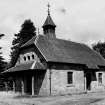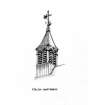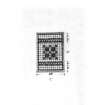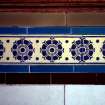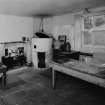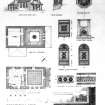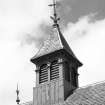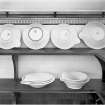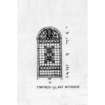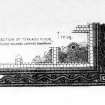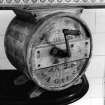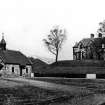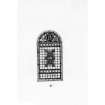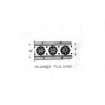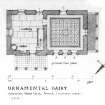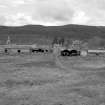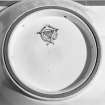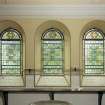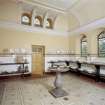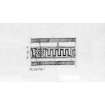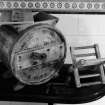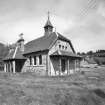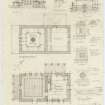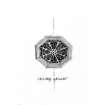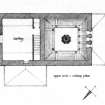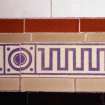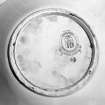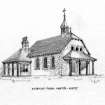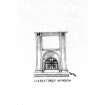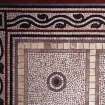Scheduled Maintenance
Please be advised that this website will undergo scheduled maintenance on the following dates: •
Tuesday 3rd December 11:00-15:00
During these times, some services may be temporarily unavailable. We apologise for any inconvenience this may cause.
Guisachan Farm, Coire Mor
Dairy (19th Century)
Site Name Guisachan Farm, Coire Mor
Classification Dairy (19th Century)
Alternative Name(s) Tomich; Guisachan Dairy; Guisachan House Policies; Home Farm Former Dairy
Canmore ID 12236
Site Number NH32NW 3.01
NGR NH 30569 27002
Datum OSGB36 - NGR
Permalink http://canmore.org.uk/site/12236
- Council Highland
- Parish Kiltarlity And Convinth
- Former Region Highland
- Former District Inverness
- Former County Inverness-shire
NH32NW 3.01 3056 2700
For Guisachan House (NH 2873 2525) and associated buildings, see NH22NE 7.00.
Publication Account (1986)
This small ornamental dairy was erected during the third quarter of the 19th century, probably in about 1870, when the Guisachan estate was in the possession of Dudley Marjoribanks, afterwards Baron Tweedmouth of Edington. The exterior is of an attractively mannered Alpine style. Two canopied porticos are supported by rows of rustic posts, and the main roof, which is slated and of gambrel type, has a fleche ventilator at the ridge. The hipped roof of the NW annexe has a chimney-stack with three twisted ' barley sugar' chimney-stalks.
The interior is divided into a scullery or wash-house at the NE end, and the milk-room or dairy is at the SW. The scullery, which has a flagstone floor, contains a small fireplace with a cast-iron hob-grate and range; next to it in the N corner of the NW wall there is an original boiler with a weight-operated lid and a metal pot-lining. A narrow wooden stair leads to a store or bothy on the first floor.
The floor of the dairy itself is paved with coloured terrazzo laid in a pattern of squares. It is dished towards the centre of the chamber, where there is a baluster-shafted grey marble fountain which waters the floor and thereby helps to preserve a cool atmosphere. The surrounding walls incorporate two bracketed black marble shelves and above there is a timber shelf, ledged as a plate-rack, with ornamental cast-iron brackets. The walls are lined to the height of the upper shelf with glazed white tiles, which have decorated margins at the brown-glazed plinth and dado. Coloured window-glass set in leaded geometric patterns, including those of the clerestorey windows in the SW wall, helps to reduce the effects of direct sunlight. The plaster ceiling is coved and ribbed, and an octagonal filigree grille in the flat area provides ventilation from the louvred fleche. Wire gauze panels above the external door in the SW wall also admit cooling draughts.
Original utensils still preserved within the dairy and scullery include a range of cooling dishes of white glazed porcelain, various tin containers, two small barrel-churns, a pair of scales and a pine table.
Information from ‘Monuments of Industry: An Illustrated Historical Record’, (1986).




































